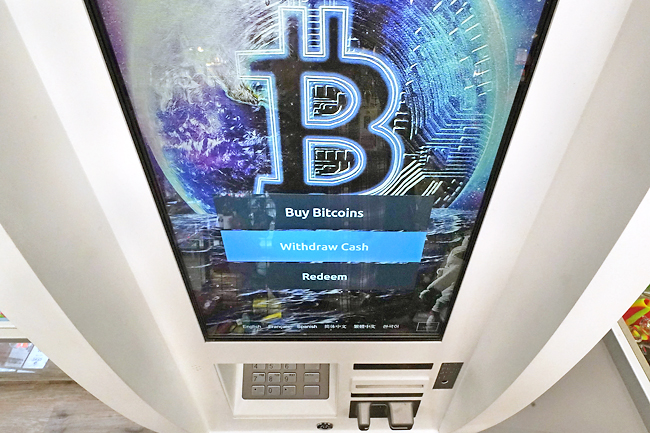WASHINGTON (AFP) – An Irishman at risk of losing his farm. An American having suicidal thoughts. An 84-year-old widow’s lost life savings: People caught in the meltdown of crypto lender Celsius are pleading for their money back.
Hundreds of letters have poured in to the judge overseeing the firm’s multi-billion-dollar bankruptcy and they are heavy with anger, shame, desperation and, frequently, regret.
“I knew there were risks,” said a client whose letter was unsigned. “It seemed a worthwhile risk.”
Celsius and its CEO Alex Mashinsky had billed the platform as a safe place for people to deposit their crypto currencies in exchange for high interest, while the firm lent out and invested those deposits.
But as the value of highly volatile crypto currencies plummeted – bitcoin alone has shed over 60 per cent since November – the firm faced mounting troubles until it froze withdrawals in mid-June.

The company owed USD4.7 billion to its users, according to a court filing earlier this month, and the endgame is unclear.
The letters – posted to a public online court docket – come from around the world and recount tragic results of users’ money being frozen.
“From that hard-working single mom in Texas struggling with past-due bills, to the teacher in India with all his hard-earned money deposited in Celsius – I believe I can speak for most of us when I say I feel betrayed, ashamed, depressed, angry,” wrote one client who signed their letter EL.
While the letters vary in their level of sophistication about the crypto world – from self-confessed novices to all-in evangelists – and the monetary impacts range from a few hundred dollars to seven-figure sums, nearly all agree on one thing.
“I have been a loyal Celsius customer since 2019 and feel completely lied to Alex Mashinsky,” wrote a client who AFP is not identifying to protect his privacy. “Alex would talk about how Celsius is safer than banks.”




